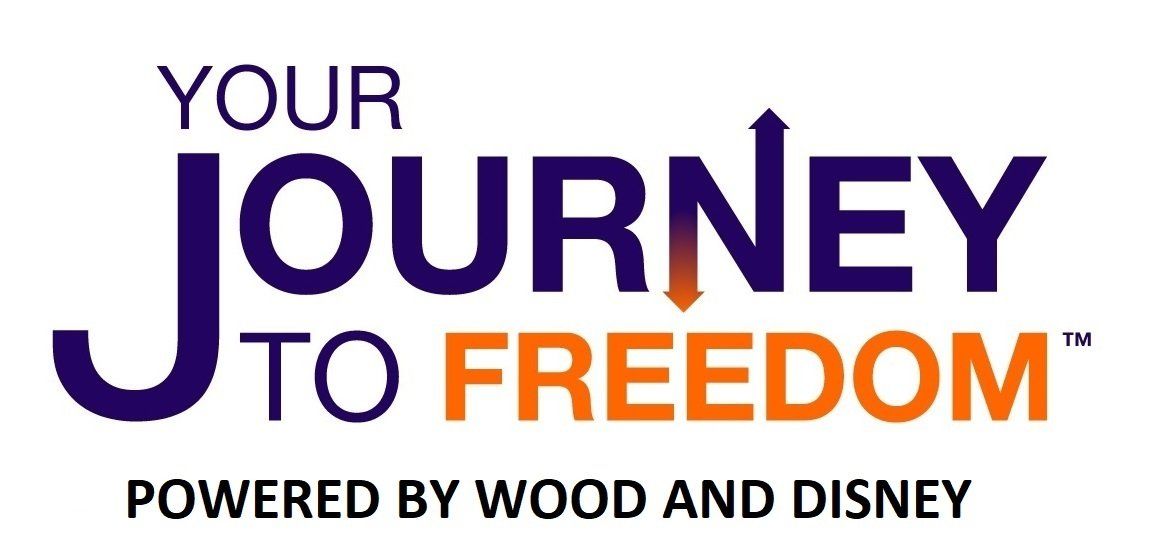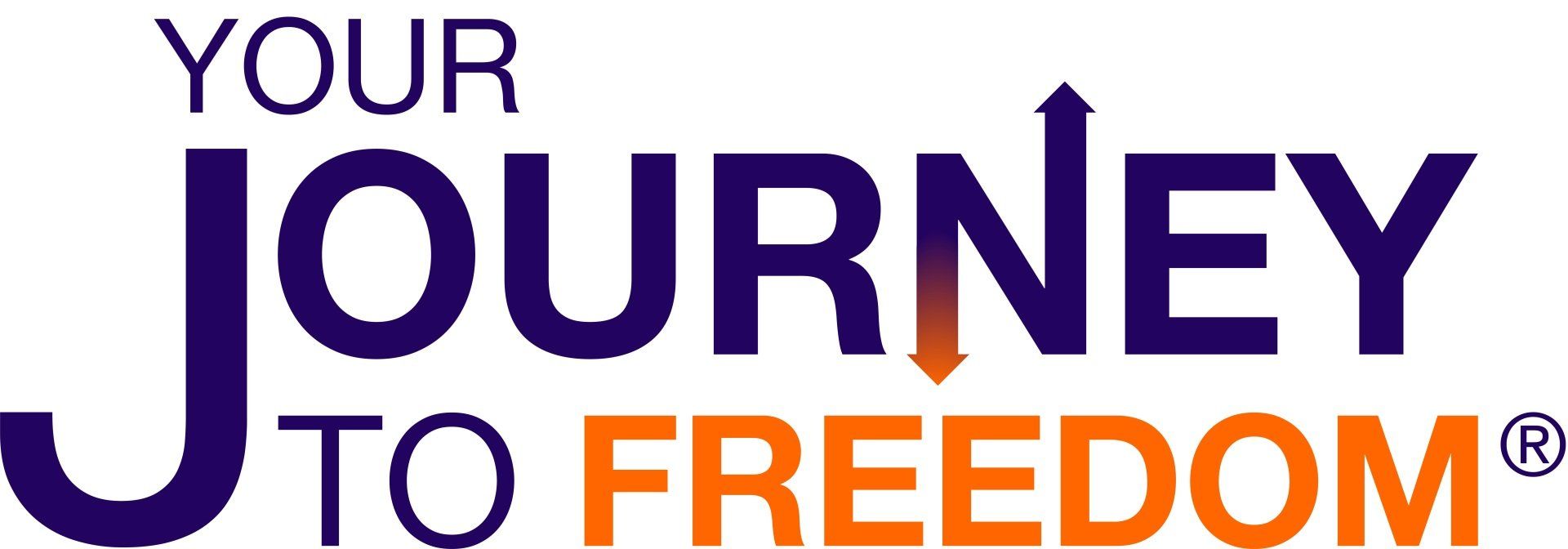BLOG
Is your business growing fast but you're running out of cash?
Peter Disney • February 11, 2020
The following is an extract from a recent article on accountingweb.co.uk.:
“Typically, the small business facing a cash flow shortfall will only confront the problem within a week before it hits them, and spend just one hour researching finance providers. Four out of five of them approach only one lender”.
WHAT???
Actually I have two WHATs???
Firstly
the typical business owner only knows he needs a cash injection a week before the cash crisis hits?
Secondly
only approaching one lender and by the way that is likely to be their existing high street lender?
So let’s look at the first one: Only knowing that a cash injection is needed a week before the crisis!
That is a stunning admission. How would that business owner’s employees feel to discover that the reason they haven’t been paid is that their boss didn’t look far enough ahead to spot a problem and rectify it when with a bit of forethought it could have so easily been sorted. Given that in theory over 3 million employees in the UK are only one payslip away from homelessness (Shelter 2016) that boss by failing to plan ahead has potentially caused an employee to lose their home.
This lack of planning, or perhaps lack of understanding of the impact of trade today on the cash flow of tomorrow, may have been unavoidable when we used notched willow sticks or abacuses or even hand written ledgers but not when we use real time bookkeeping systems such as Xero and QuickBooks. No excuse for not issuing sales invoices as soon as the job is done. Automatic chasing of sales invoices, automatic collection of money by direct debit. Automatic posting of supplier invoices and expenses and the setting of payment dates. We know so much more today about what is happening in our businesses and more importantly when it’s going to happen. Given all of this why do business owners still “write up their books” monthly or even quarterly?
However having these systems does not take away the need to think and plan ahead. Cash flow forecasting is easy in theory but hard to get right in practice. A cash flow forecast looking 12 months ahead is probably a complete waste of time unless you have a consistent seasonal trend. A 28 day rolling cash flow forecast is infinitely more useful but difficult to get right because a single day’s delay in a receipt makes a massive difference to the results.
So where is this leading to?
There are two inevitable future events which will impact on you.
1. Recession
– every ten years or so and regular as clockwork (almost). But in every downturn there are always winners as well as the losers. Cash flow forecasting and ongoing monitoring enables you to see when the issues are coming and cut your costs earlier.
2. Rapid growth
– it’s difficult to say no when opportunities present themselves and you suddenly experience rapid growth. But more sales demands more working capital to support those sales and more businesses go bust through lack of cash than from lack of profit. You are much more likely to need more cash when you grow than when you stagnate. Cash flow forecasting allows you to see ahead to where the strain points will occur and allow you to plan accordingly.
So this leads nicely to the second element of the accountingweb.co.uk article: One hour of research and still go to a high street bank?
Have you asked a high street lender for a business loan recently? Do you realise just how much information they demand and how long they take to reach a decision? Certainly far longer than a week!
There are always alternative solutions to this issue BUT all lenders both traditional and new Fintechs will want to see up to date Management accounts both P&L and Balance Sheet. Last year’s accounts will no longer cut it. The fact that you maintain a cash flow forecast will also help you. Lenders are looking for you to prove that you have your finger on your business's pulse. As far as they are concerned out of date accounts shows dis-organisation and a lack of control. Admitting that you didn’t realise that you were about to enter a cash flow crisis doesn’t create a great impression either.
Summary
If you want to still be in business in 10 years’ time you need to think of the following:
1. Your financial records need to be updated DAILY.
2. You need a 28 day rolling cash flow forecast.
3. Think ahead
and ensure extra finance is both planned and budgeted for well ahead of the time when it is needed.
4. Shop around
early to get the best deal.

In today's fast-paced, ever-changing world, it can be difficult to know who to trust when selecting a supplier. Social media has given rise to a world of noise, where anyone can post anything, and it can be challenging to know what is true and what is not. As a result, credibility has become more critical than ever when selecting any supplier. In this article, we discuss the importance of credibility, the challenges posed by social media noise, and how to identify credible suppliers. What does credibility actually mean? It encompasses sincerity, integrity, authenticity and reliability but fundamentally it is based upon trustworthiness and expertise. It is a combination of both emotion and logic. Credibility is a critical factor when selecting a supplier because it determines whether you can rely on them to deliver what they promise. Making the wrong choice can lead to delays, quality issues, and inevitably financial losses. For example, selecting a supplier based solely on their social media presence can be risky because social media noise can make it difficult to know what is genuine and what is not. In today's world, anyone can post anything on social media, and it can be challenging to separate the truth from the noise. As a result, businesses need to be cautious when using just social media to select suppliers. There was a recent news story about an accountant who had hundreds of 5 star reviews based upon getting massive tax refunds for their clients. It transpired that the refunds were fictitious and HMRC subsequently demanded the refunds back together with interest and penalties leaving those taxpayers with massive debts and long repayment terms. The accountant denied any responsibility and ignored any communications and requests for help. One way to ensure credibility is to look for reliable third-party evidence. For example, has the supplier won any industry awards or hold recognized professional qualifications or perhaps a referral from another professional you already know and trust? Independent endorsements by the supplier’s peers provide a level of reassurance not provided by online reviews. Formal qualifications not only provide evidence of expertise but also ensure adherence to standards of behaviour. The accountant mentioned above was not a chartered accountant and therefore not subject to the rigorous oversight of a professional body. Another way to ensure credibility is to research the supplier's track record including their length of experience. Whilst new suppliers may have recent technical skills learnt from college or university, they will lack the practical experience that comes from working with many clients over many years. For example, a more experienced accountant is likely to have seen a wider range of financial issues and developed a deeper understanding of the unique challenges businesses face especially in regard to surviving recessions. So, you ask how long a supplier has been in business, and what is their experience? This information can be found through online searches, industry publications, or by speaking with other businesses in your industry. Don’t forget to consider the supplier's financial stability. A supplier that is financially stable is more likely to have the resources to deliver on their promises. Consider their financial statements, credit reports, and any other relevant financial information to ensure they are financially sound. We often see advertisements claiming to be able to achieve amazing results yet when you check their own accounts at Companies House they are often insolvent. If they cannot get their own house in order how can they achieve those results for you. It is also important to evaluate the supplier's communication skills. Do they respond to your inquiries promptly and professionally? Do they communicate clearly and effectively? A supplier that is responsive and communicates well is more likely to be reliable and trustworthy. There is a lot of discussion over recent years that you should consider the supplier's values and ethics before doing business with them. Simon Sinek’s view is we don’t buy what a supplier sells, we buy why they sell it. We like to understand our supplier’s “purpose”. Whether you believe that or not asking questions about their culture, codes of conduct or ethical guidelines will ensure that you feel comfortable in dealing with them. So choosing a supplier that aligns with your values and ethics can help ensure a long-term, mutually beneficial relationship. Finally, it is important to evaluate the supplier's level of innovation. In today's rapidly changing business environment, it is crucial to choose a supplier that can adapt to changes and innovations quickly. Consider their investment in technology and R&D. In conclusion, credibility is essential when selecting a supplier, particularly today where social media noise can make it difficult to know who to trust. By looking for third-party endorsements, researching track record, evaluating financial stability, considering their values and ethics, and assessing their level of innovation, businesses can ensure they select a supplier that is reliable, trustworthy, and can deliver on their promises.

Life is about making choices. This is true about both your personal and business life. The decisions we make are usually governed by more than just about money; where and how you should “spend” your limited resources. Time, energy, feelings, values and beliefs all come into play. Choices are about "opportunity cost". Money, time, your energy, are all limited resources so consider carefully “What’s in it for me” for every element of your life.

